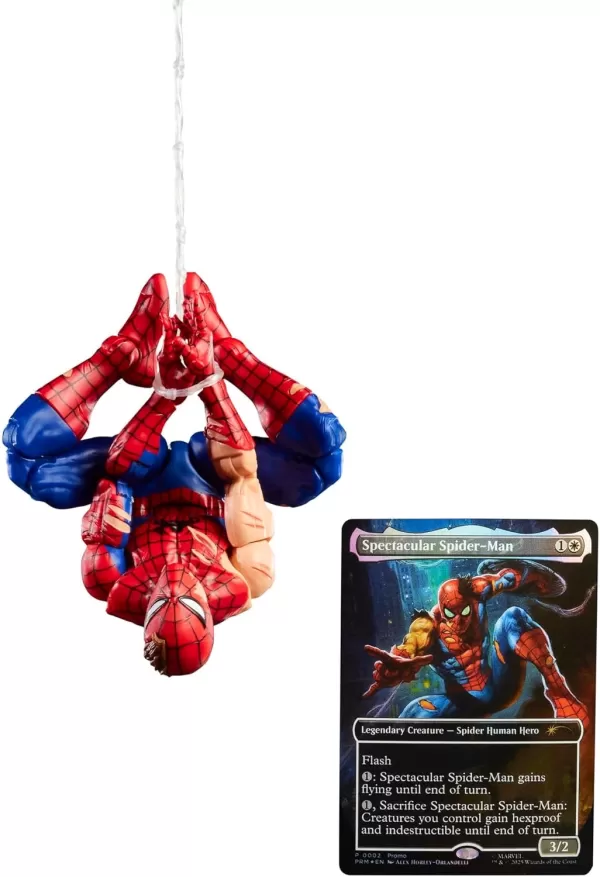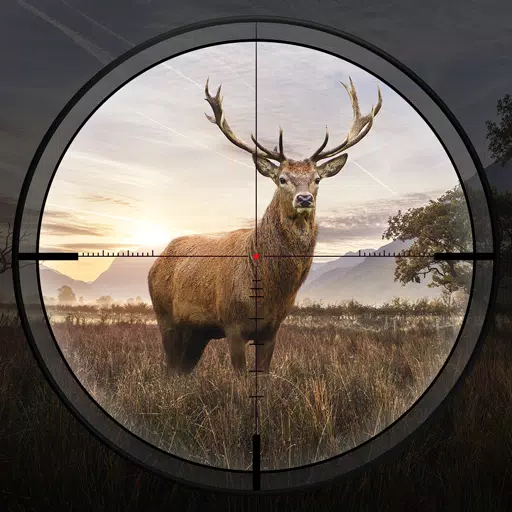While Henry Cavill may be the most recognizable face to have portrayed Geralt of Rivia, within the gaming community, Doug Cockle is revered as the definitive voice of the White Wolf, thanks to his role in CD Projekt Red's acclaimed RPG series. Now, the worlds of Cavill and Cockle's Geralts have intertwined, with Cockle lending his iconic voice to the character in Netflix's new animated film, "The Witcher: Sirens of the Deep."
In this new venture, Cockle does not play the same Geralt as seen in the games, nor was he directed to mimic the mannerisms of Henry Cavill or Liam Hemsworth, who will take over the role in the upcoming season of the live-action series. This creative choice allowed Cockle to maintain the same method and approach that has defined his portrayal of Geralt for nearly two decades, ensuring fans hear the familiar, gravelly tones they've come to love.
Cockle developed this distinctive voice back in 2005 while recording for the first Witcher game. He recalls the challenge of finding the right pitch, saying, "The thing I found most challenging about recording Witcher 1 was actually the voice itself. When I first started recording the game, (Geralt’s) voice was very, very far down in my register. It was something I had to push towards." Initially, there were no guidelines on how long voice actors should record in a session, leading Cockle to spend eight or nine hours a day, which left his throat strained. This struggle persisted into the recording of The Witcher 2, but over time, his vocal cords adapted, much like an athlete's muscles conditioning to the demands of their sport.
A significant shift occurred during the development of the second game when the English translations of Andrzej Sapkowski's books became available. "The books started to come out in English while I was recording Witcher 2," Cockle explains. "Before that, it was the developers from CD Projekt Red who taught me everything I needed to know about Geralt. So as soon as The Last Wish came out in English, I was down at the bookstore buying it, and I tore through it. And I understood things about Geralt just from reading just that one book that I didn't understand at all before."
Cockle shares that the developers emphasized Geralt's emotionless nature, but his reading of the books gave him a deeper understanding of the character's emotional restraint. "The developers kept saying, ‘He's emotionless’," Cockle says. "And I was like, ‘Okay, I get it, I get it, but I'm an actor. I want to play with emotions.’ But I better understood [when reading] the book why they were pushing for as flat as possible of an emotional life for him."

Cockle's appreciation for Sapkowski's work grew as he delved into the books, particularly admiring the author's storytelling prowess. Having been a fan of Tolkien's "The Lord of the Rings," he found a new connection with Sapkowski's fantasy universe. Among the novels, "Season of Storms" stands out as a favorite, a story he'd love to voice should Netflix adapt it in the future. "It's one of those stories that when I read it, I was like, ‘Oh, this is horrible. This is awful.’ [But] it's thrilling at the same time," he says, highlighting the graphic fight scenes that he believes would translate well into an anime or TV episode.
Currently, fans can experience Cockle's Geralt in "The Witcher: Sirens of the Deep," an animated film based on the short story "A Little Sacrifice" from the "Sword of Destiny" collection. This dark and twisted take on Hans Christian Andersen's "The Little Mermaid" involves Geralt in a conflict between two kingdoms. While the film features intense action and political drama, Cockle appreciates the lighter moments, such as a humorous campfire conversation with Jaskier, showcasing Geralt's often overlooked softer side. "Part of liking acting is liking all those different aspects of a character's personality and the different choices that could be made and how they might approach those choices," Cockle explains. "I enjoy the gravitas of Geralt when he's all serious and mopey and whatever, but I do also like those moments when he's trying to be light. When he's trying to crack a joke and it just doesn't go very well for him most of the time because he's just not funny."
The Witcher: Sirens of the Deep Geeked Week 2024 Teaser Stills

 7 Images
7 Images



While much of Cockle's work on "Sirens of the Deep" involved using his well-honed Geralt voice, the project presented a unique challenge: learning to speak a fictional language, mermaid. "I found doing this really difficult," he admits. "I got phonetic spellings of the words and things so I could get familiar with it and hopefully be okay on the day. And then I got in front of the mic and… it wasn't like performance anxiety or anything like that, it's just that it was a lot harder than I thought it was going to be."
Cockle's return to the world of video games in "The Witcher 4" promises to be a smoother experience. Revealed with an exciting trailer at The Game Awards, the game will feature Geralt as a supporting character, with Ciri taking the lead. Cockle anticipates this transition will be like slipping into a comfortable pair of old slippers, especially since he won't need to record as much dialogue as in the previous games.
Cockle remains tight-lipped about "The Witcher 4," claiming to know only what the public knows. However, he's enthusiastic about the shift in focus to Ciri, believing it's a promising direction for the series. "I think it's a really good move," he says. "I mean, I always thought that continuing the saga, but shifting to Ciri would be a really, really interesting move for all kinds of reasons, but mostly because of things that happen in the books, which I don't want to give away because people, I want people to go read. So yeah, I think it's really exciting. I can't wait. I can't wait to see what they've done."
For more insights into what CD Projekt Red has planned, check out our in-depth interview with the creators of "The Witcher 4." And to see more of Doug Cockle, watch "The Witcher: Sirens of the Deep" on Netflix, or follow him on Instagram, Cameo, and X.








